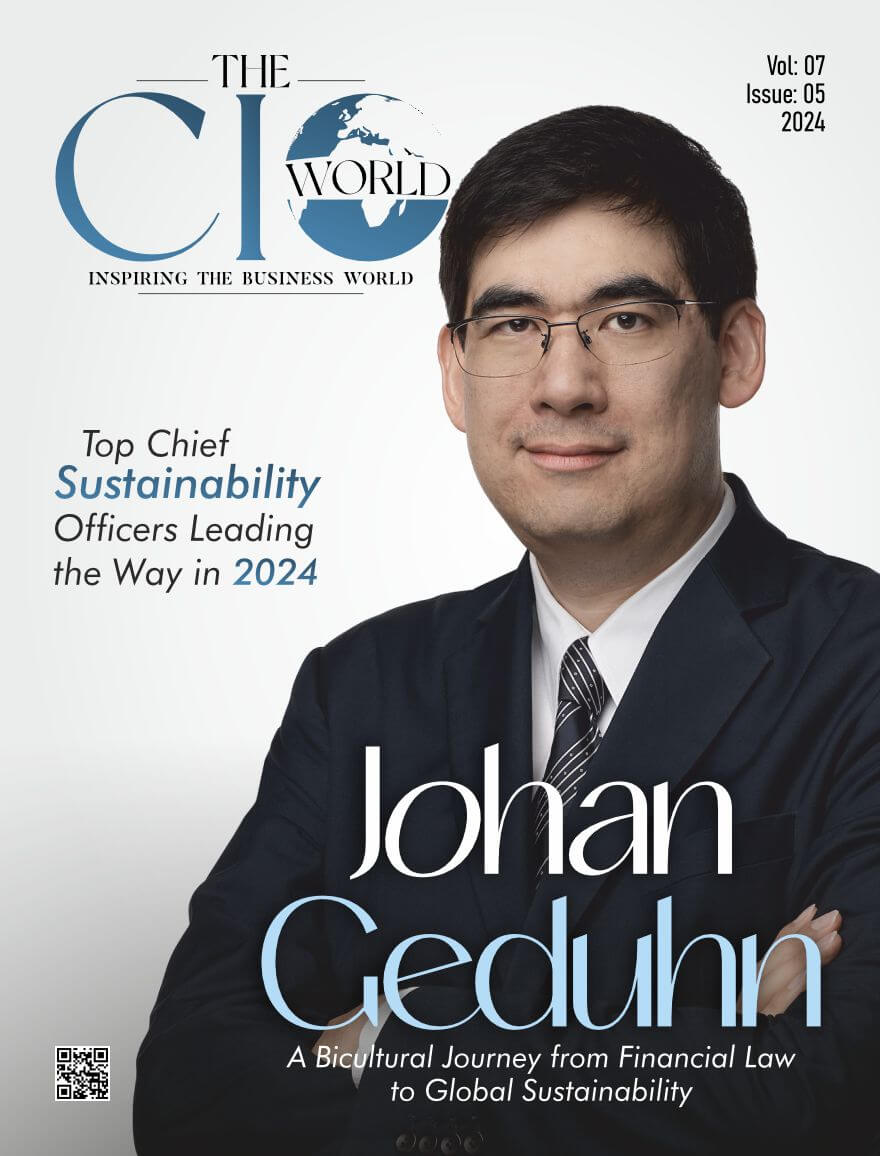In a recent filing, federal regulators have expressed concerns that the $2.2 billion of U.S. customer assets held by Binance, the cryptocurrency exchange founded by Changpeng Zhao, is at “significant risk” of being stolen unless a freezing order is implemented. The filing by the Securities and Exchange Commission (SEC) came after the SEC charged Binance and Zhao for engaging in the unregistered sale of securities and commingling investor funds with their own.
The SEC has requested an emergency motion to repatriate and freeze U.S. customer assets to prevent illicit transfers by Zhao or Binance entities. The filing highlighted Zhao’s status as a foreign national who has openly expressed his belief that he is not subject to the jurisdiction of the court. The SEC alleged that two Binance U.S. subsidiaries, controlled by Zhao, had already accumulated “illicit gains” of at least $420.4 million.
The SEC’s interactions with Binance over the years indicated that the exchange was unable to clearly identify who controlled customer assets, raising concerns about the protection of billions of dollars’ worth of assets. Zhao’s attorneys have argued that he is not subject to U.S. law, despite his control and ownership of U.S. companies and bank accounts.
The SEC maintains that the court has jurisdiction over Zhao and Binance, citing federal law and precedent. The SEC emphasized the need for immediate action to protect investor assets given Zhao’s alleged history of attempting to avoid U.S. regulation and oversight.
Federal regulators are also seeking permission to serve Zhao through email to his lawyers due to his elusive geographical presence. Zhao is reportedly a resident of the United Arab Emirates.
Binance has not yet provided a comment on the matter. The legal proceedings will shed more light on the situation and determine the future course of action regarding the freezing of assets and jurisdictional matters.







